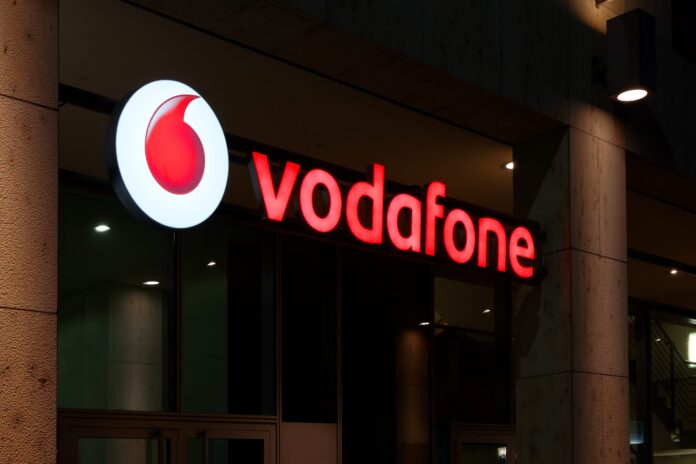Headquartered in the United Kingdom and with network operations around the world, Vodafone Group is deploying 5G with a multi-faceted prioritization strategy that includes driving flexibility, cost-efficiency, sustainability and digital equity. Speaking this week at Mobile World Congress in Barcelona, Chief External and Corporate Affairs Officer Joakim Reiter noted the telecoms industry, society really, is at a “critical juncture.”
“As we advance mobile technology, we also increase the risk of inequality,” he said. “So, while it’s clear that 5G has the potential to trigger improvements for everybody in society, the sizeable gains of 5G – and the innovation it enables – will not be equally distributed.”
Reiter said that as it stands today there are already “major winners and losers in the 5G world…[but] who stands to the lose the most?”
Perhaps not surprisingly, he noted that the global South is especially “at risk of cementing their lower share of global prosperity in a 5G world. More surprisingly, there is equally large discrepancies amongst developed countries.”
Reiter said Europe is falling behind—on a trajectory to be a decade behind China in terms of low-latency 5G coverage—which “in turn, put[s] at jeopardy Europe’s future strategic autonomy.”
He called out three essential strategic elements: there needs to be a “whole government” approach to 5G; regions need to focus attention on transformation of their most important industries; and removing policy barriers while incentivizing investment.
So, “What’s next for mobile is really a more profound question of what’s next for society and the economy? And what I think is really at stake is the future prosperity, jobs and global competitiveness of every country in the world.”
From a network perspective, Vodafone has embraced Open RAN as a way to cost-effectively expand reach and densify, replace equipment from Chinese vendors as mandated by governments–“strategic autonomy” as it were, and leverage automation and data intelligence. Last month the company stood up a live site in Bath, U.K., with more than 2,000 coming down the pike. Beyond the U.K., a Vodafone exec said at MWC that the goal is for 30% of radio sites to be Open RAN-based by 2030.
In a separate address at the congress, Vodafone Group CEO Nick Read hit similar notes on 5G needing to deliver on its promises in an equitable manner. “I am fully aware of the magnitude of the task ahead,” he said.
Vodafone is addressing this first with its scale, which Read pointed out is local and regional. “The combination of local and regional scale ensures our economies and societies can enjoy the full benefits of innovation and industrialization.”
In the context of 5G as an enabler of massive IoT for industrial transformation, Read pointed out this also drives sustainability; he mentioned use case areas of smart buildings, smart agriculture and connected forests.
Next, Read said that Vodafone’s “scaled platforms ensure the digital transformation takes root through the whole of society…become[ing] anchors for a growing local and regional ecosystem of new solutions and applications.”
Finally, “If we are to be successful in the digital transformation, we all need to go faster, challenge the status quo, and lean-in on co-creation.”

